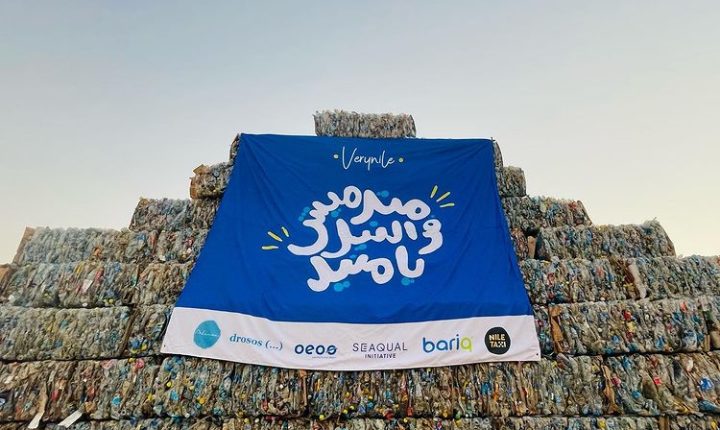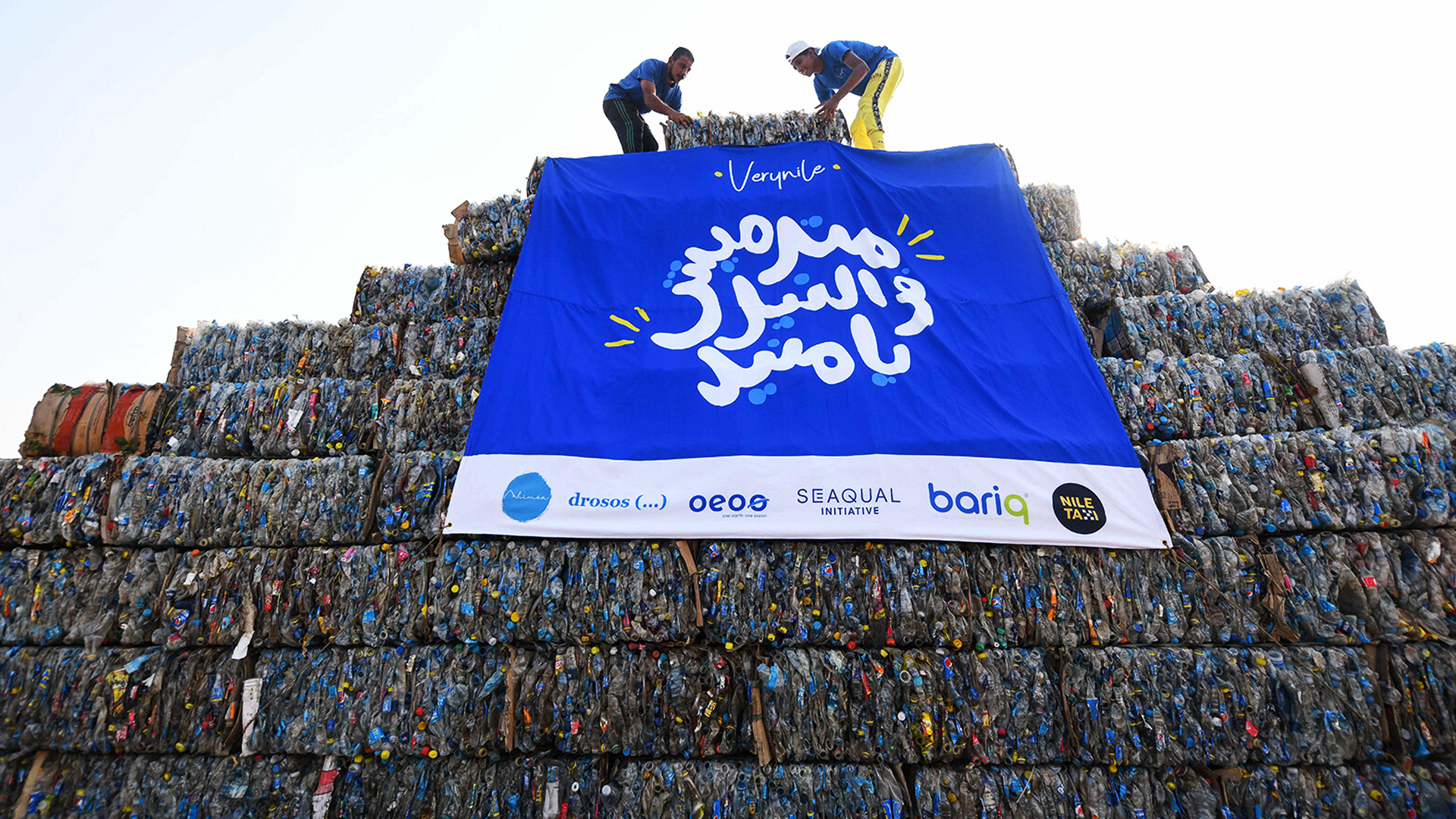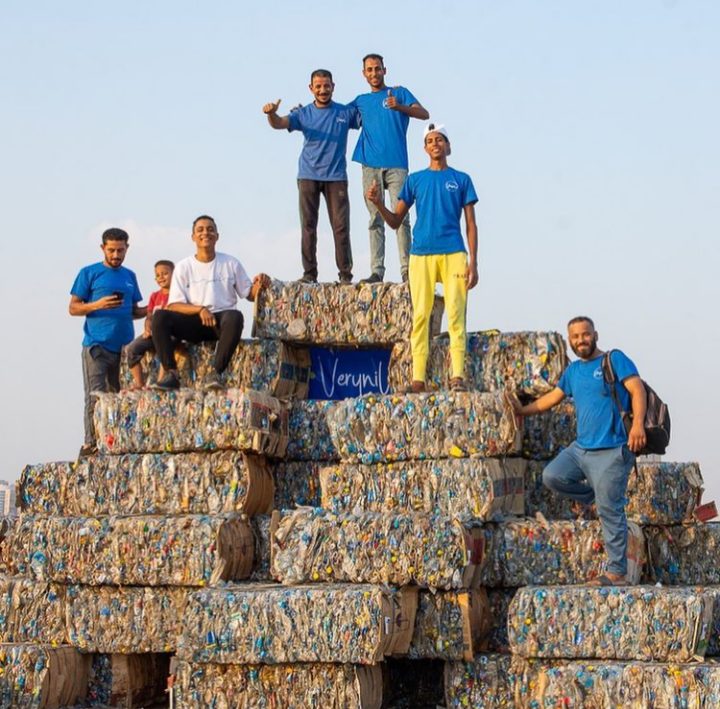Last weekend, to observe the World Cleanup Day, volunteers from Egypt built a pyramid made from plastic collected at the banks of River Nile to highlight environmental conservation.
A group of volunteers in Egypt have taken part in a cleaning exercise along the River Nile to highlight how important protecting the environment and saving marine life is to combat climate change.
Egypt is preparing to host this year’s COP27 event in November. The cleanup activity was launched by VeryNile, a non-governmental organization dedicated to protection of the world’s longest river, Nile. The pyramid itself was built from about 200,000 collected plastic waste scraps from the river and weighs about 7,500 kilograms.


The plastic pyramid signifies how big the pollution problem is affecting the river in comparison to the actual Egyptian pyramids. Millions of people from Egypt, Sudan, South Sudan, and Ethiopia depend on the river for agriculture, drinking, and industrial use. However, an increase in pollution has decreased food production and limited access to clean water mostly in Egypt.
VeryNile is supported by the country’s Ministry of Environment and materials for the pyramid were collected by local fishermen who were paid to cleanup deep river areas where they usually operate.





















